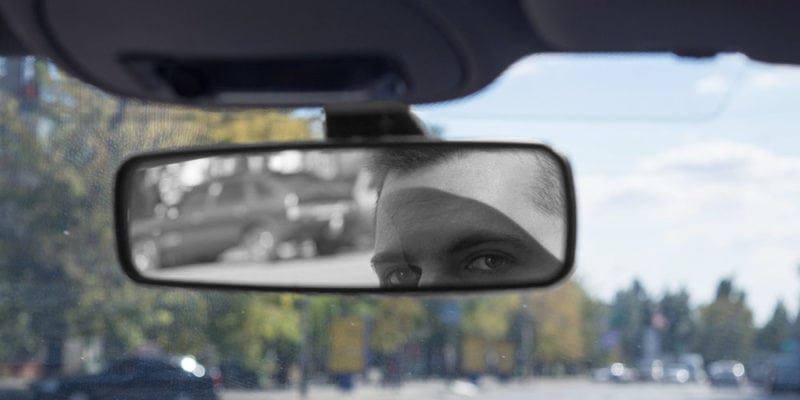Last fall, while fishing with my son, I got short with him for not listening. He kept doing the opposite of what I was telling him to do all day on the trip, and I was frustrated with him. When we got to the boat ramp, we began to load up the truck, and I blew a fuse. I asked him to simply put the bags and cooler in the back of the truck as I loaded up the boat. But the bags sat on the ground, and he walked around daydreaming while I tried to get off the ramp.
After asking him to grab the gear for the third time, I finally forcefully yelled at him: “I am not going to tell you again!” He jumped up and loaded it up quickly out of fear, and I could tell he was upset. At that moment, I had acted and sounded just like my dad, who was abusive and abrasive to me growing up. But I want to be the dad I wish I had, not passing on the same wounds to my son. You can be the dad you wish you had for your kids, too. Here are 3 ways to become the dad you wish you had.
1. Learn his story.
I don’t want to blame my dad for my current mistakes. However, I do want to learn his story. To learn his story, you must dig a little into how he was raised, the things he went through, and how he responded, both good and bad. You see, my dad’s dad was far worse to him growing up than my dad was to me. His dad went to jail for domestic violence. If I can step back and learn why my dad was the way he was, his behavior makes more sense, and I know what the cycle is that I’m trying to break.
There are things you experienced growing up that know for a fact you do not want to pass on to your kids. I know, for instance, that I don’t want my kids to fear me—I want them to respect me, yes, but fear is not a healthy way to lead my home. When I acknowledge this, I can start to become the dad I wish I had by breaking those patterns. It’s a powerful way to examine your childhood and learn the story behind what your dad did or didn’t do without casting blame.
2. Put yourself in your kid’s shoes.
When we drove off the boat ramp the day I blew up on my son, I could see him afraid in the seat next to me. He was quiet, and his head was down. Immediately, I thought about myself sitting in that seat after experiencing a blowup from my dad. I remember being just like him—scared.
So I put my hand on his shoulder and said, “I am sorry for blowing up on you. I asked you several times, and you were not listening, but I’m sorry for yelling at you and embarrassing you.” Immediately, his body language changed, and he said, “I’m sorry too, Dad.” We had great chats on the way home, and when we got back, all was well. I knew I needed to reconnect with my son right away because I know what it’s like when a dad doesn’t do that. You see, my dad would have left me quiet and scared in that seat, not saying a word ’til we got home, and I would just go to my room for the day. Putting yourself in your kid’s shoes opens your eyes to become the dad you wish you had.
3. Put yourself back into a hurtful memory as a child.
Think about a time when your dad hurt you physically or emotionally. Now, ask yourself, “What did that boy need from his dad?” If you could put yourself now, as an adult, into that hurtful memory, what would you do for that boy? How would you respond? What would you say to the younger you?
We don’t have to let our hurts and wounds from childhood dictate how we raise our own children. Thinking back at hurtful memories makes me sad, but it also empowers me to do better for my kids. I have a little note on my dash to remind me every day on my way home from work that simply says, “Be the dad you wish you had.” It serves as a daily reminder to give my kids my best, love them well, and change their future and the future of my grandkids.
Sound off: How are you becoming the dad you wish you had?











Huddle up with your kids and ask, “What is one thing you wish you were better at doing?”